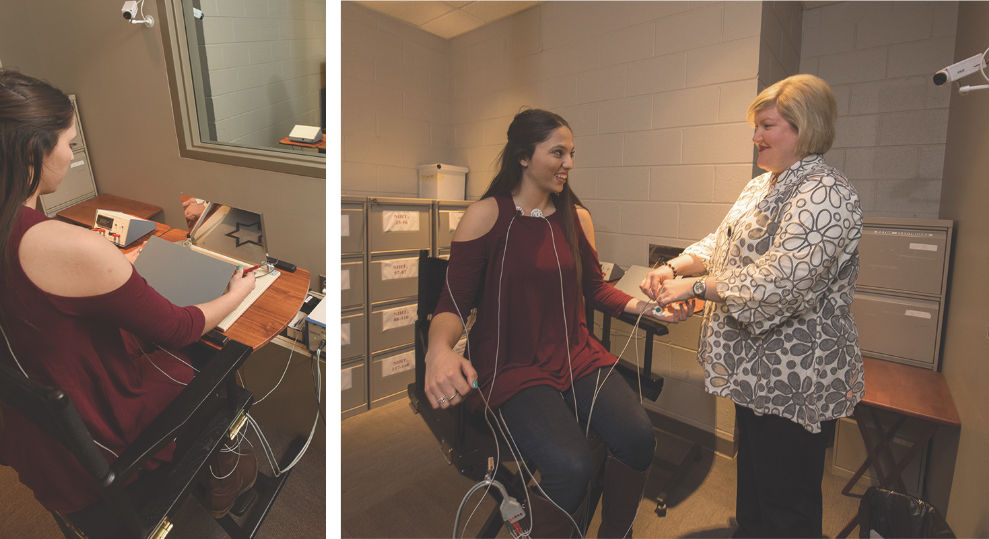Predicting Young Adult Health: Family Aggression and Bioregulatory Pathways
Funded by Eunice Kennedy Shriver National Institute of Child Health and Human Development (NICHD)
Grant # R01-HD046795
El-Sheikh, M. (PI)
6/1/2004 — 12/31/2023
Building on completed research studies that go back many years, we are examining bioregulatory (autonomic nervous system, sleep) and socio-ecological (socioeconomic status, peer affiliations) variables that mediate or moderate associations between family stress and trajectories of risky behavior, depressed mood, and cognitive functioning from childhood through early adulthood.
We have identified bioregulatory moderators of family stress (e.g., interparental conflict, harsh parenting) and other social risk factors (e.g., deviant peers, peer victimization). For example, we have found that blunted autonomic nervous system (ANS) reactivity increases susceptibility to harsh and permissive social contexts and that long and high-quality sleep protects against cognitive difficulties and behavioral problems in the context of social risks. Additional analyses have revealed associations between socio-ecological and bioregulatory variables. For example, we have shown that socio-ecological conditions (e.g., socioeconomic adversity, community violence, discrimination) and ANS activity contribute to adolescent sleep duration and quality. Published and planned analyses examine the long-term effects of family stress on bioregulatory variables, as well as the potential of sleep and ANS regulation to protect against the negative effects of family stress from adolescence to early adulthood. Data collection is ongoing with young adults (21-23 years of age).
